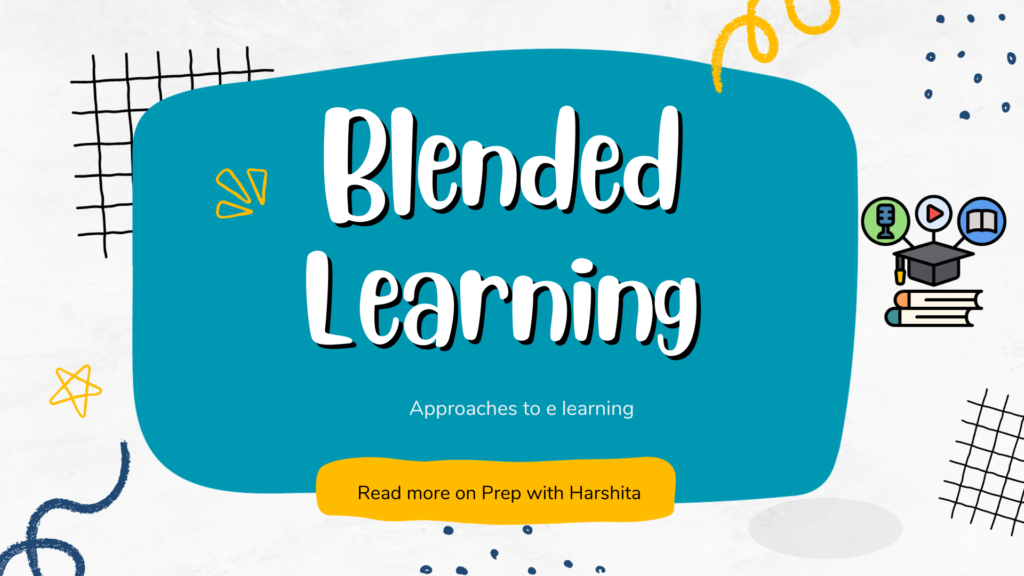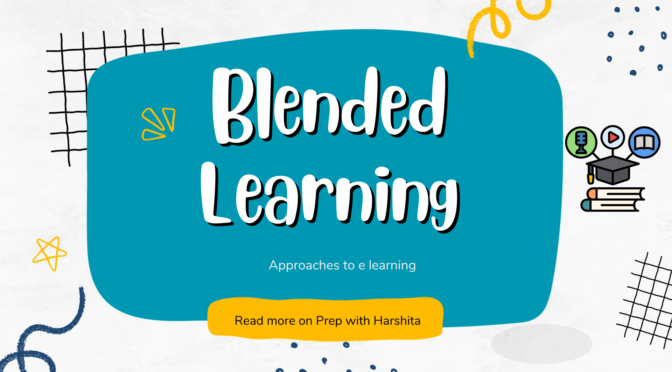Blended learning is an educational approach that combines traditional face-to-face instruction with online learning activities. This method integrates technology and digital media into the learning environment, offering a mix of in-person and online experiences. The goal of blended learning is to enhance the overall educational experience by using the advantages of both traditional and digital learning methods.
Key components of blended learning may include:
In-person instruction: Traditional classroom teaching where students attend classes and interact with instructors and peers.
Online learning: Utilizing digital tools, platforms, and resources for learning. This can include video lectures, interactive simulations, discussion forums, and other online activities.
Flexibility: It often provides flexibility in terms of time and location for certain aspects of the learning process. Students may have the option to complete some assignments or engage in discussions online at their own pace.
Also Read : Scope of Educational Research
Personalization: It allows for a more personalized learning experience. Students can access online resources tailored to their needs, and instructors can provide targeted support based on individual progress.
Technology integration: Blended learning relies on the effective integration of technology to support and enhance the learning experience. This includes Learning Management Systems (LMS), video conferencing tools, and other educational technologies.
Assessment: Assessments may be a combination of traditional methods, such as exams or presentations in the classroom, and online assessments or projects.

Also Visit : Prep with Harshita


21 thoughts on “Blended Learning”